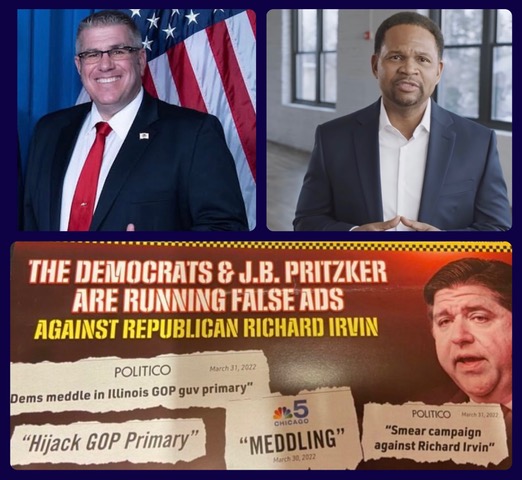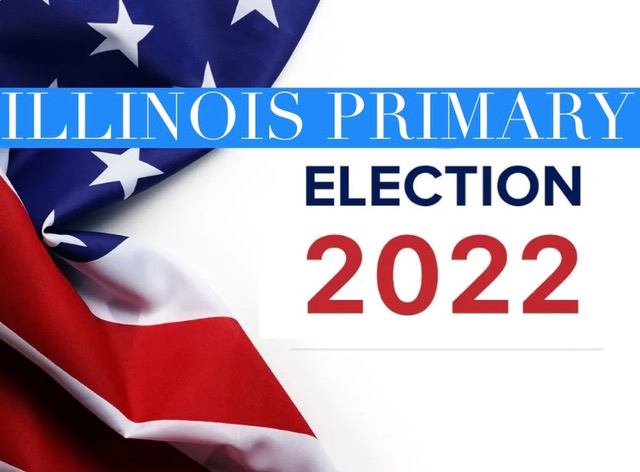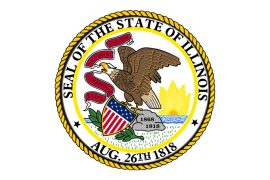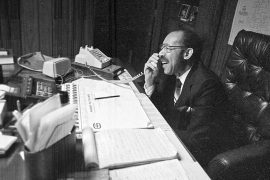Every political election teaches lessons as to where the public is. This election, Tuesday, June 28 no different. The political intensity of the TV commercials has ceased. There are two real winners: Mr. Apathy and television stations.
Over 1 million Chicagoans registered to vote, but the voter turnout for this election was at its lowest since 2008. Only 1 out of 5 turned out for June 28. So, who voted? There is great conversation and discussion on young people voting and using social media tools to ensure they get the message. However, it is a known fact that young people don’t vote. Randomly I went on the street and asked young folk two questions. Are you registered to vote? All said yes. Did you vote? The answer consistently was no. Why? Their responses were: “I was confused.” “I didn’t know who to vote for.” “No one told us who to vote for.”
Older voters were well represented in the nearly 300,000 Chicagoan ballots counted on June 28. Those in the 65-74-year-old range cast the most votes of any age group, 62,447. Following that age group are those 55-64 are the second-highest voters, with 58,631 votes cast, and those over 75 plus voted 48,380. Those between 18 and 25 who cast a ballot shamefully were only 10,760. So the moral of the story is that older people vote, and younger ones don’t. The reason perhaps, older ones, the Baby Boomers realize with its history what it took in reality for us to get the right to vote. Younger people don’t seem to care. With the Roe vs. Wade reversible maybe, young women mainly will awaken. Voting is so accessible now; early voting, mail-in voting, and beautiful weather excuses are unacceptable.
The Case of Irvin…

And then there is the case of campaign money. Again, billionaire magic didn’t work.
The wealthiest man in Illinois, Ken Griffin, invested $50 million in the campaign of Richard Irvin as he ran for governor on the Republican ticket. The result was that Irvin came in third with only 15% of the total vote. Irvin ran one of the worse campaigns ever in the history of the State. His commercials were combative, and he looked like he was preparing for World War III or that he was breaking into your house with full force. He never really established himself as a staunch Republican. His commercials were misleading, and you never saw Irvin on the street in the community. He ran a TV commercial campaign that many found offensive.
The handlers poised a Black man, Richard Irvin, as a Trump guy. The strategy backfired. What does it mean when a Black guy says, “We will take our state back.” Back from where or from what? What are you saying? The Irvin message was lost and confusing to everyone. There was no target. He was insane with the ideas of Madigan and Pritzker was afraid of him. He sounded like a gang leader.

The J.B. Pritzker campaign brilliantly showed Irvin as a Democratic in counterpoint commercials. They showed Irvin as a democratic who felt good about his opponent with nice things to say. They got tapes from when he introduced his friend, Pritzker, at rallies. The tables turned. Irvin’s commercials were totally over the top and overdone with a law and order harshness. Many things he said about the state were really for the city. His message was confusing. He was not the authentic Republican in the race. Darren Bailey was honest, a farmer from downstate. He won the nomination with 58% of the vote and clearly defined himself. So now, Irvin goes back to Aurora to be the mayor, and does he get to keep the campaign money, or does he have to give it back to Griffin. The lesson learned here is that money does not always carry the election. Messaging is far more important than money. In this case, the TV stations won. Did Irvin ever show on the south side of the city?
The Democratic 1st Congressional District Race…

The Democratic 1st District Congressional race was hot with 17 different candidates. The first is the longest-serving Black district in the nation. The candidates were varied, and the choices were representative of men and women, business and professional politicians. None of the candidates had an overwhelming amount in their war chests. Jonathan Jackson won with 19,521 of the vote or 28%. He got on television perfectly in the last two weeks of the campaign with political PAC dollars, as his political foe attacked him for taking dollars from crypto giants. He ran an old-fashioned campaign with his mother in the campaign office daily, leading the way. Powerhouse Emil Jones was at his side from beginning to end, and he had an endorsement from presidential democratic Bernie Sanders. He capitalized on name recognition as the son of civil rights icon Rev. Jesse Jackson. He has experience as Jackson’s middle son campaigning throughout the country and made it count. The polls showed that the generic Jonathan Jackson and the son of Rev. Jesse Jackson rendered different poll results. Jonathan played to an older demographic base. Alderman Pat Dowell came in with 19% of the vote and no TV commercials. The only other candidate with PAC money and TV commercials was Karin Norington-Reaves.
The moral of the story is that TV commercials are a must, and name recognition matters.
Congressman Danny Davis won with a slim margin of 7%. With a second candidacy, Kina Collins was a force, but older voters protected the Davis seat.
So, the lessons from 2022 June 28. Older voters matter, TV commercials are essential, and money does not always win.






